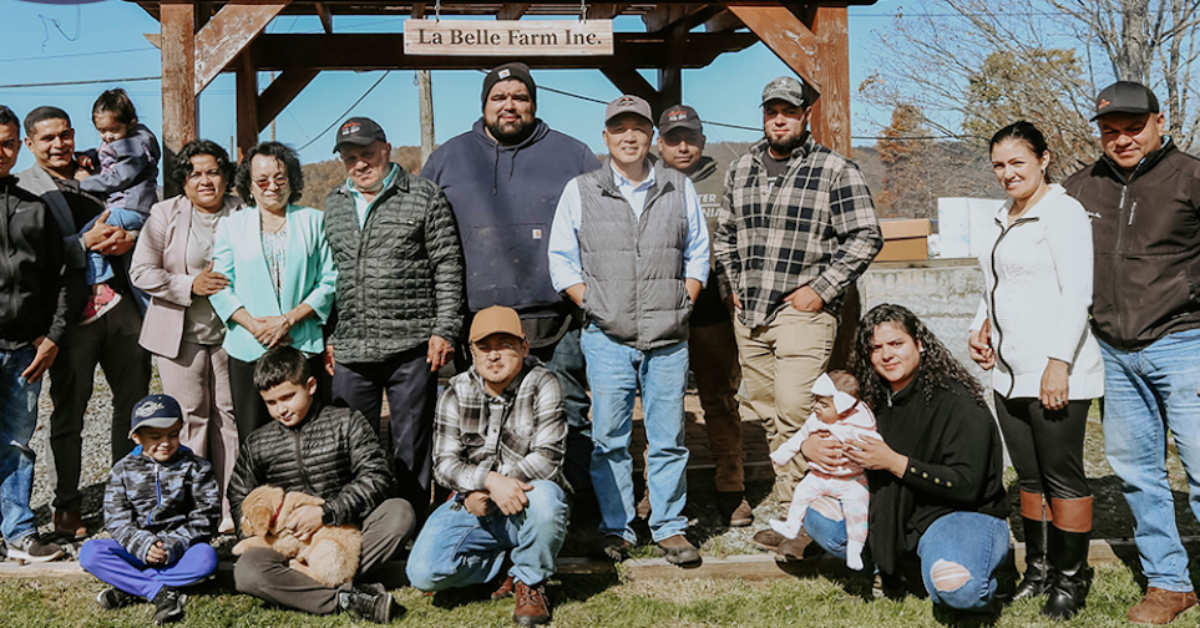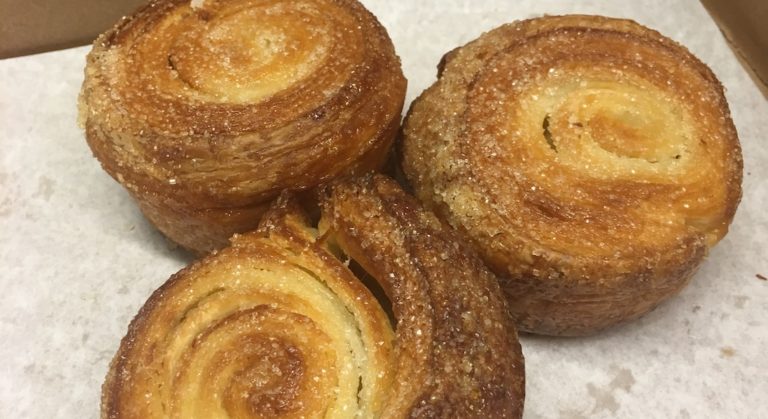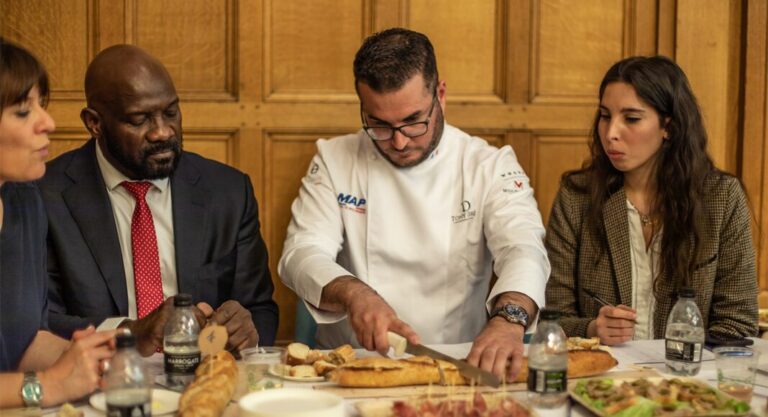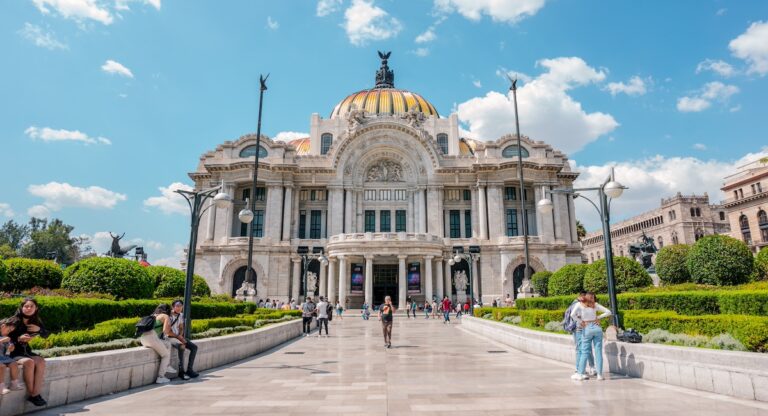When New York voted to ban foie gras at the end of October, the shock wave reverberated two hours north of the city, in the quiet county of Sullivan. It is here, in this rural territory near Pennsylvania, that Hudson Valley Foie Gras and La Belle Farm, the two largest foie gras producers in the United States, are located.
The two establishments, founded in 1990 and 2000 respectively, employ a total of nearly 500 people. But since the fateful vote by the New York City Council, their future has darkened. “We are very worried,” said Sergio Saravia, director of La Belle Farm. “Foie gras represents a third of our sales. This is a large part of our turnover. New York City Councillors believe that this ban will have little impact, but it’s not true.”
Arriving from El Salvador in 1989 to escape violence in his country, the 38-year-old entrepreneur was able to come to the United States thanks to his father, who was then working for Hudson Valley Foie Gras. Today, the company employs 100 people, “mainly immigrants.” “We employ a large workforce to ensure that our ducks are well treated. Without foie gras, we will not be able to keep all our employees.”
His concerns don’t end there. His farm is also participates in support initiatives for individuals dependent on heroin, which is wreaking havoc in Sullivan County, one of the poorest counties in New York State. “The situation is affecting my wellbeing. I do not understand how New York City Councillors, who have not even come to visit us, can both defend immigrants and make a decision that will deprive them of jobs. It’s hypocritical,” he continues. We help these individuals and their families to integrate. They become veterinarians, nurses, soldiers.”
Not far from La Belle Farm, at Hudson Valley Foie Gras, Michael Ginor, a lover of foie gras and chef who runs a restaurant on Long Island, is taking stock. The farm, which employs 280 people in the United States, began a few years ago to diversify its activities and increase its presence in Canada, where it employs 50 people. “Every company must constantly look to the future,” said Ginor, who is the president and co-founder of the farm. For the time being, his workforce — “for the most part migrant workers” or descendants of immigrants “who have been with us for three generations” — has continued as if nothing had happened. “Many of our families are thinking month-to-month. They don’t panic. They trust us to anticipate future changes.”
Legal battle in sight
The New York law provides for a three-year grace period before the ban, which affects the sale and storage of foie gras, enters into force. In California, the only American state to have banned the sale of foie gras, the measure led to the closure of the sole producer in the state.
Ginor and Saravia (who is also an immigration lawyer) are determined to stop the ban from coming into effect. In particular, they want Sullivan County to seek the intervention of the New York State Department of Agriculture and Markets on behalf of a provision that protects state farmers from local laws that restrict their activities “unreasonably.” They are also considering taking the matter to the state and federal courts to have the unconstitutionality of the measure challenged.
“We were making $3 million a year in California,” said Ginor, who was involved in the complicated court battle in that state. He estimates that New York generates the same turnover. “The situation in New York is frustrating and annoying. It’s forcing us to take on unnecessary expenses. That’s money we can’t use to keep the company running.” Sergio Saravia is optimistic: “I feel we have a better chance of winning than in California. Here, farmers are more protected by the State. But you never know. Sometimes, personal opinions cloud judgments.”
For their part, the defenders of the ban are not resting on their laurels. On October 31, the day after the municipal council voted, the association Voters for Animal Rights sued D’Artagnan, the company specializing in the sale of foie gras, created by the French woman Ariane Daguin. It accuses her of using “misleading” marketing to sell its products, which are made using “objectively inhuman practices of raising and slaughtering ducks.”






